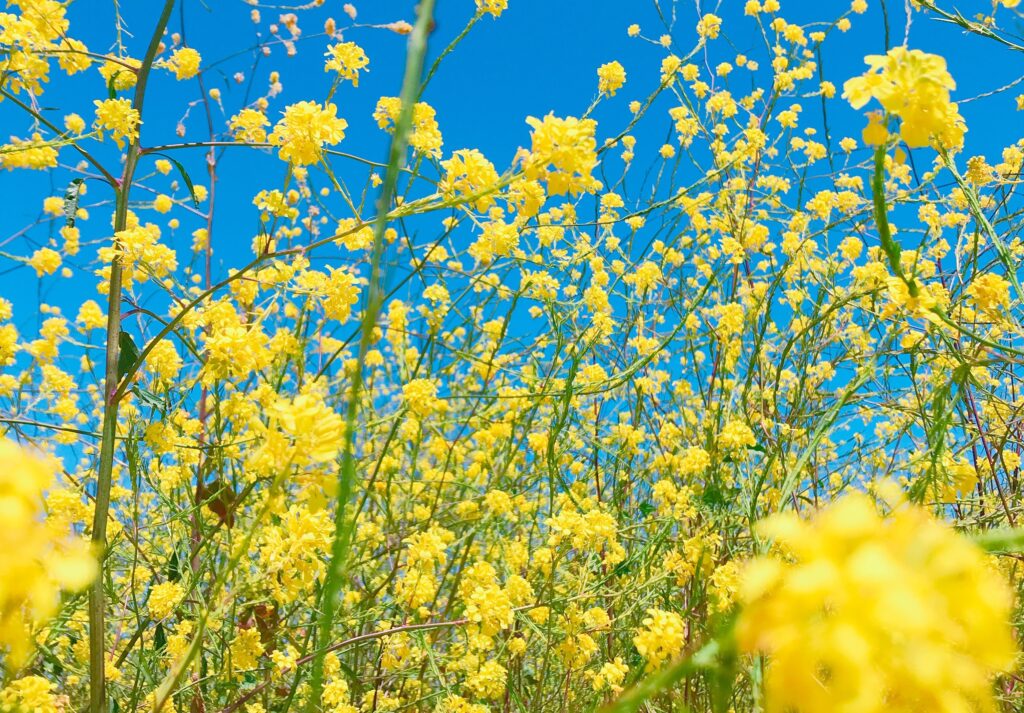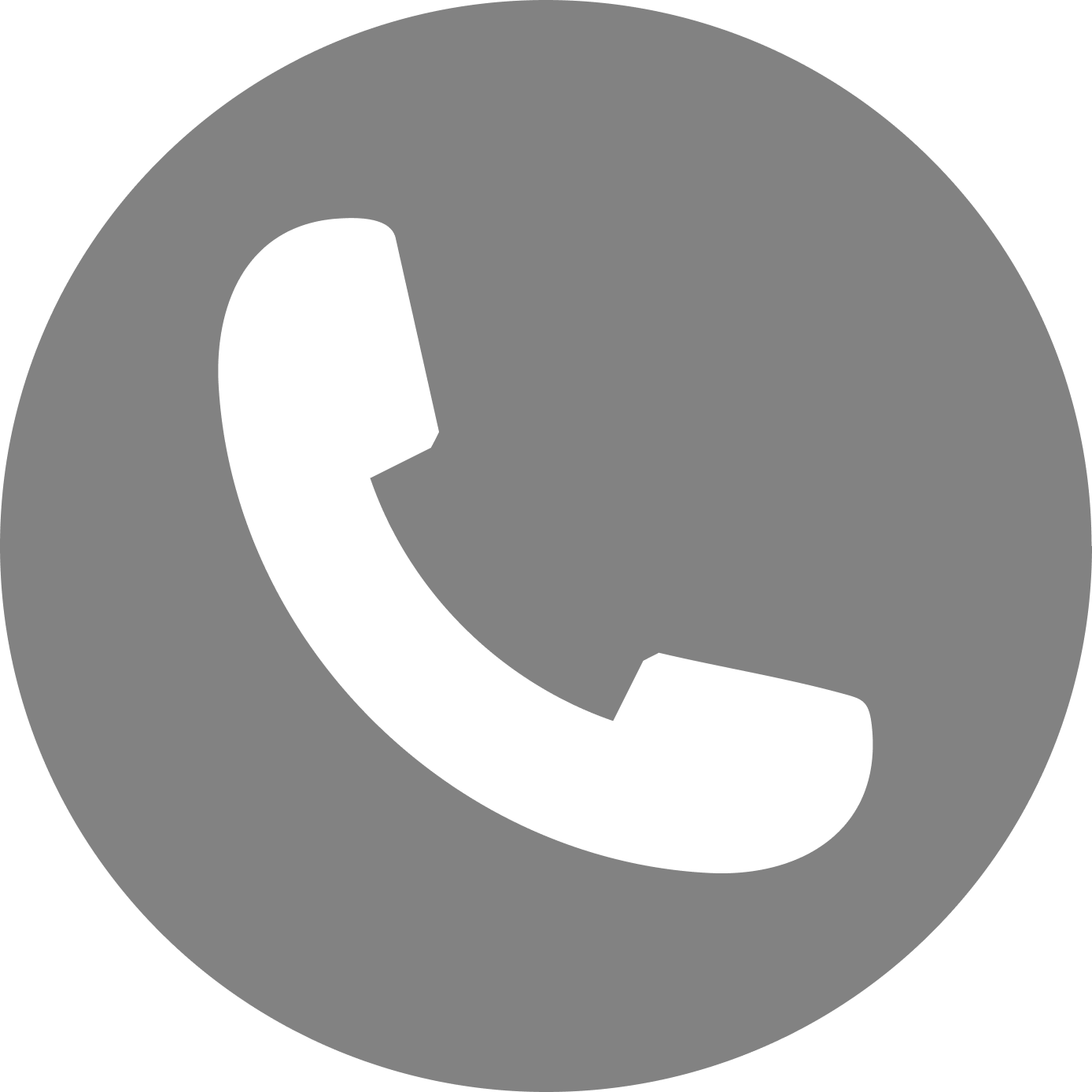Hay Fever Season is Here! Are You Prepared?
So, have you started sneezing yet? What about itchy eyes, stuffy noses? That’s right, hay fever season is here.
Here at the Family Chemist, we offer a range of hay fever treatments including nasal sprays, tablets, and eye drops. Don’t let hay fever catch you off guard, take control of your symptoms this season.
Hay fever, also known as seasonal allergic rhinitis, is that all too familiar condition where your immune system overreacts to pollen, treating it like a harmful invader. When this ‘threat’ inters the body, the immune system kicks into hyperdrive and produces antibodies triggering the production of chemicals like histamine, making you a sneezy, sleepy, teary-eyed mess.
Symptoms of Hay Fever
- Sneezing and coughing
- Runny or blocked nose
- Itchy, red, and watery eyes
- Itchy roof of the mouth
- Itchy nose and ears
- Headaches
- Feeling tired
When does hay fever strike?
Hay fever typically attacks between March and September, especially when the weather is warm, humid, and windy. It’s caused primarily by tree pollen, grass pollen, and weed pollen, each of which peak at different times throughout the spring and summer months. While you may not be allergic to all types of pollen, knowing when each one peaks can help you prepare for when your symptoms are likely to be at their worst. No one likes being caught off guard when the first sneezing session hits.

What medications can help?
Unfortunately, there is no permanent cure for hay fever, but there are a range of medications available which can help with the symptoms.
- Antihistamines (e.g Cetirizine, Opticrom, Rhinolast)
These first-line treatment for hay fever work by blocking the histamine receptors and therefore reducing the histamine effects upon the body. Available as tablets, nasal sprays and eye drops, antihistamines are most effective when taken before symptoms start. Getting ahead of the symptoms by taking them 30 minutes before you leave the house.
- Corticosteroids (e.g Beconase, Flixonase)
In a nasal spray form, corticosteroids work by reducing inflammation in the nasal passages, helping to ease irritation caused by all pollens.
- Decongestants
As a short-term treatment, decongestants can be used to relieve blocked noses. Available over-the-counter in tablet, liquid and nasal spray forms to relieve congestion that hay fever causes.
Get to know your hay fever treatments and what combination works for you.

What can I do?
While you can’t always avoid pollen, there are several steps you can take to reduce your exposure and still enjoy the warmer weather:
- Wear sunglasses to protect your eyes from pollen
- Dust your home regularly with a damp cloth to remove pollen from surfaces
- Apply a thin layer of Vaseline around the rim of your nostrils to trap pollen before it enters your nose
- Keep windows and doors shut to reduce exposure
- Avoid smoking, as it can worsen symptoms
- Keep an eye on the pollen forecast and plan your outdoor activity for low-pollen days
- Avoid gardening and mowing the lawn which can stir up pollen
The Bottom Line
With 10-15% of children, and 26% of adults in the UK suffering from hay fever each year, it’s important that we understand what triggers your symptoms and how to manage them. By combining medications with lifestyle changes, you can make the most of the spring and summer without letting hay fever get in the way. Keep an eye on that pollen forecast, wear those shades, and take back the season.







